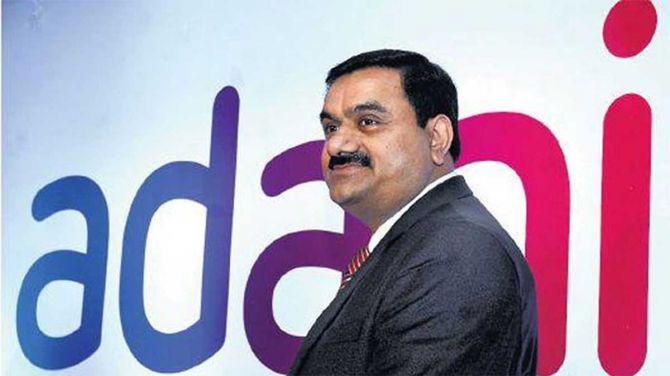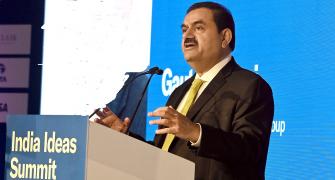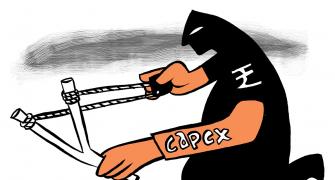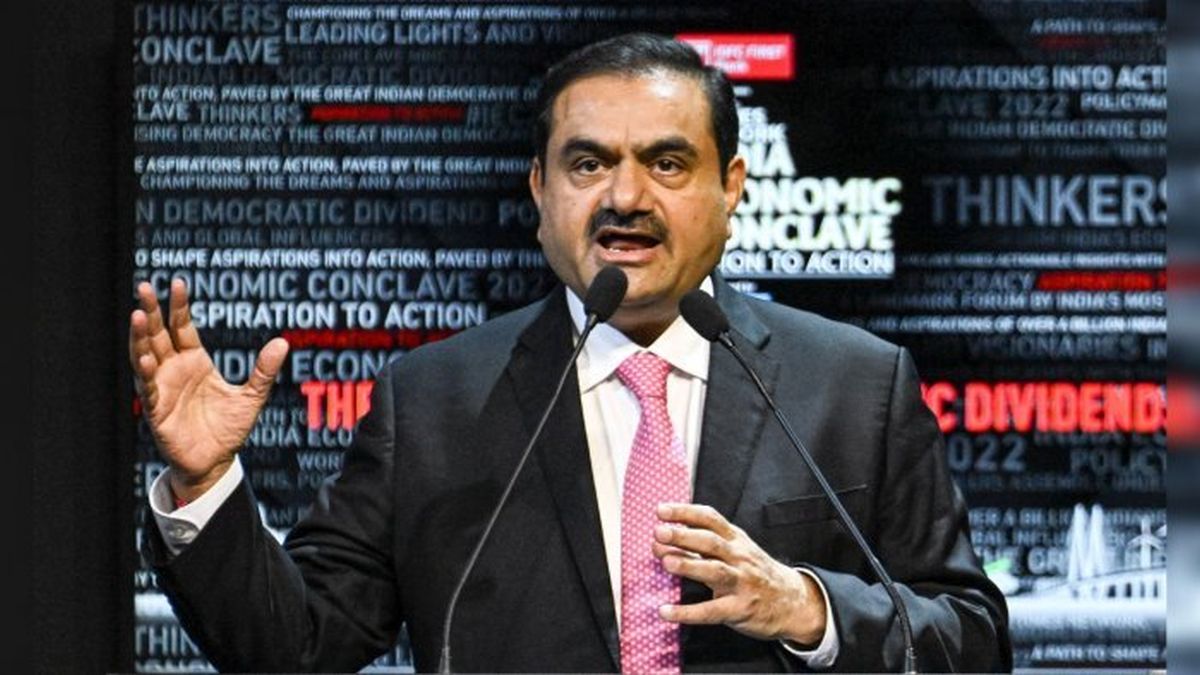Given the hydrogen connection, it's ironic that Hindenburg Research released a long report, accusing the Adani group of financial manipulation, observes Devangshu Datta.

Paul Von Hindenburg was a German field marshal and later president of the German Weimar Republic. Zeppelin named one of its fanciest airships in his honour.
That ship caught fire on May 6, 1937, as it was docking in a New Jersey field. Out of the total complement of 97 crew and passengers, 35 died.
This was the fifth or sixth major fire involving airships. It effectively ended the industry.
The exact causes of each of those fires apart, the culprit was ultimately hydrogen.
Airships used hydrogen gas for lift, and hydrogen has a propensity to combine explosively with oxygen given the slightest encouragement.
While this makes hydrogen difficult and dangerous to store, it's also the reason why the entire fuel cell industry and the so-called green hydrogen industry is receiving huge investments.
The idea is, hydrogen meets oxygen and explodes, and if you can control the explosion, you can harness the energy released.
The 'waste product' in such a fuel cell is plain water.
If you can generate hydrogen by means of green energy, you're close to a zero-carbon cycle. But the engineering issues are massive.
Hydrogen production is easy enough -- just running a current through water does the job. But it also produces oxygen and electrolysis can run into issues at scale because electrodes corrode as oxygen collects at one end of the circuit.

Hydrogen is mostly produced industrially by cracking methane or natural gas in a high carbon-intensity process.
Engineers are working on creating processes to capture carbon dioxide when gas is used as feedstock. This is what's called blue hydrogen. They're also working on better storage.
Hydrogen is the lightest element and it doesn't liquefy until close to absolute zero. This makes it hard to store meaningful amounts and transport it, especially given safety issues.
The investments pouring into green hydrogen are targeting issues across the whole chain.
You need near-simultaneous solutions to storage and green production, and those solutions need to be safe.
These are all unsolved problems at scale and, therefore, there are high risks and very high potential rewards for investments into this space.
If you don't find simultaneous solutions to storage and production, there is no green hydrogen value chain.
If you can't address safety, you could have Hindenburg-style explosions all over the place.
About half the proceeds of the Adani follow-on public offer (which has now been put off), was meant to be directed towards its green hydro ambitions.
The group says its target is 1 million tonnes of green hydrogen capacity by 2030.
This will be an end-to-end project. While the FPO was looking to finance solar modules, wind turbines and electrolysers, the group also has to find storage solutions.
The Reliance group, which has similar green hydrogen ambitions, will also have to find solutions to the same problems.
Both groups are making huge bets on a technology value chain where they need to plug existing gaps.
Given the hydrogen connection, it's ironic that a securities research outfit called Hindenburg Research released a long report, accusing the Adani group of financial manipulation.
Hindenburg Research is named after the disaster, which is unusual enough.
Its standard operating style is also unusual.
Hindenburg Research finds companies or groups, which it thinks are overvalued and takes short positions.
Then it publishes reports explaining why it is short on the stock, often accusing the targeted company of fraud or malfeasance.
If others buy into the logic and go short as well, that pushes down prices more.
This sort of activist short-selling is not illegal, any more than is buying a stock and explaining why you've bought it.
Mark Cuban is another trader who advocated this amplification strategy.
Hindenburg has done this successfully several times, most famously with electric truck maker Nikola, where it knocked 90 per cent off the market value of the stock, before the CEO was convicted of fraud.
Since Adani shares aren't listed abroad, the US-based Hindenburg is shorting its overseas bonds.
Hindenburg Research's accusations add another dimension to the investments in green hydrogen.
Feature Presentation: Ashish Narsale/Rediff.com










